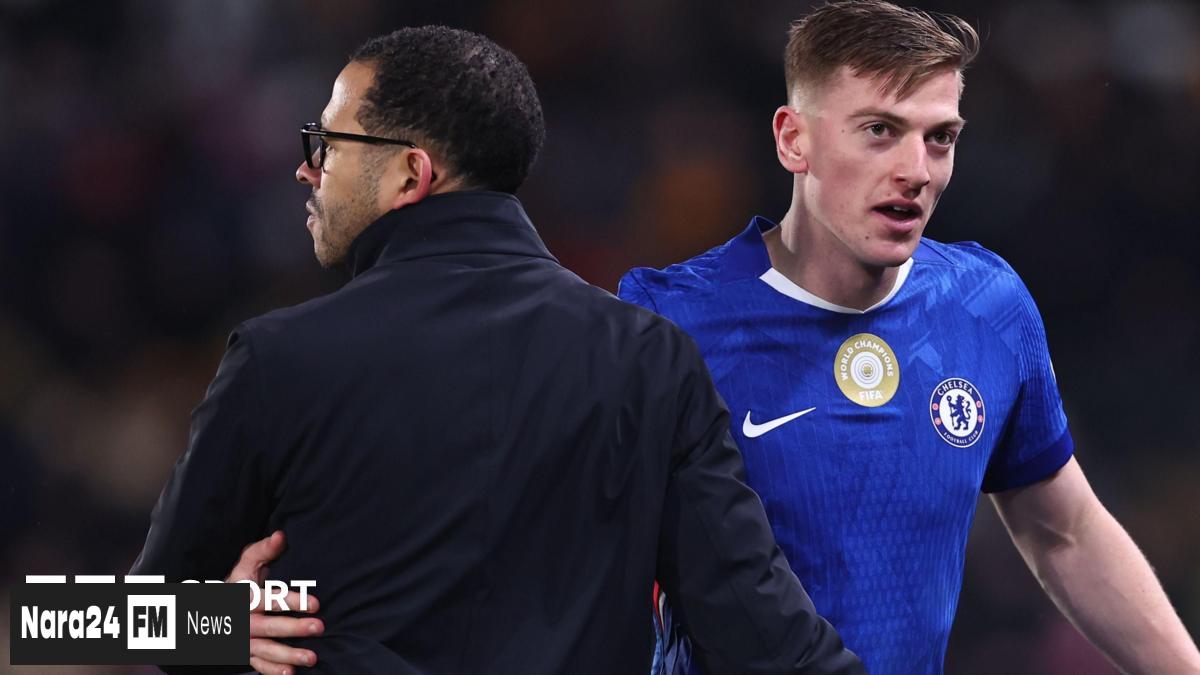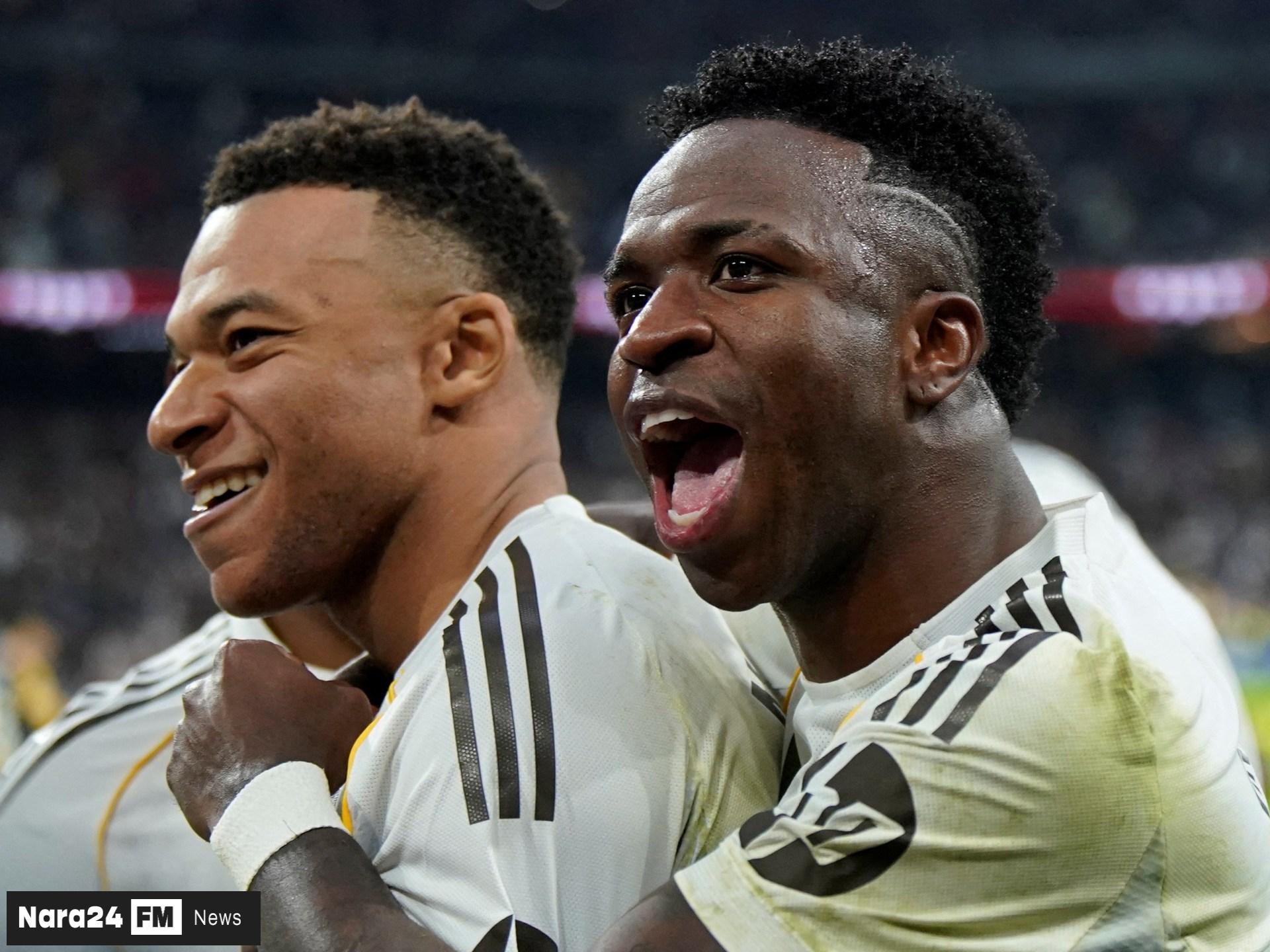After a successful Premier League campaign last season, Liverpool invested heavily in the summer transfer window, spending a record £416.2m on new signings. However, despite sitting third in the table, the team has lost three consecutive matches in all competitions, and their upcoming match against Manchester United has sparked concerns about their performance.
The departure of Trent Alexander-Arnold to Real Madrid may have had a more significant impact on Liverpool's squad than initially thought. The 27-year-old right-back was instrumental in the team's success, scoring 18 goals and providing 64 assists during his time at Anfield. His absence is being felt, not just in defensive situations, but also in his ability to control the tempo of the game and find space to play.
Liverpool's struggles against high defensive blocks have been evident in their recent matches. The team has found it difficult to bypass pressurized defenses, with their usual method of playing through the pressure or going long not being as effective. This is partly due to the lack of on-ball quality, a trait that Alexander-Arnold possessed in abundance.
A notable example of Alexander-Arnold's skill was against Tottenham Hotspur last season, where he used his weak foot to play a precise pass into the unmarked Alexis Mac Allister. This ability to play with his weak foot was a hallmark of his game, and Liverpool are missing this aspect of his playmaking.
Conor Bradley, who has deputized for Alexander-Arnold at right-back, has struggled to replicate his predecessor's skills, particularly with his weak foot. In a match against Chelsea, Bradley was unable to build up play centrally, instead playing a pass back to Ibrahima Konate, which restarted the build-up with the same problems.
Florian Wirtz, one of Liverpool's summer signings, has been dropping deeper to get on the ball and help bring it up the pitch. While this is a sensible solution given his technical quality, it fails to maximize his individual attacking game. Wirtz's usual role at Bayer Leverkusen was to stand on the left flank, waiting for the ball to be brought up the pitch by his teammates.
Long passes and switches of play are also tools that teams need to bypass a press or disrupt the shape of the opposition's defensive block. Liverpool's decrease in switches of play per 90 minutes this season, from 3.4 to 1.3, is partially explained by Alexander-Arnold's ability to play crossfield passes reliably with both feet. The team's defenders, including Virgil van Dijk, do not tend to play as many long passes, which has affected their ability to exploit spaces in the opponent's defense.








Comments (0)
Leave a Comment
Be the first to comment on this article!